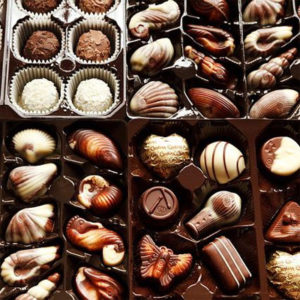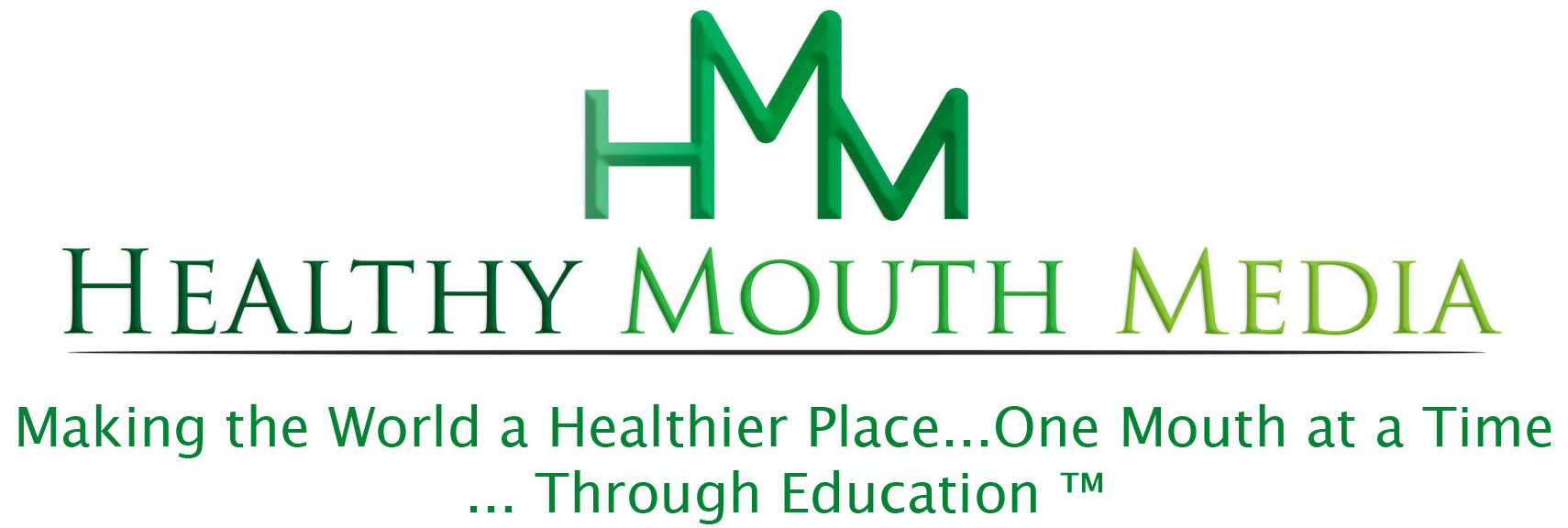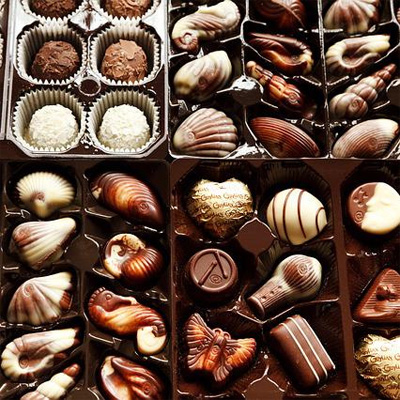 The dark side of sugar consumption
The dark side of sugar consumption
We love celebrating holidays with candy, desserts and all sorts of other sweets, despite most everyone knowing that a lot of sugar is not good for us.
MANY holidays like Valentine’s Day, Easter, Mother’s Day, Halloween, Christmas, etc. are built around candy, desserts and sweets. Sweets are seen as ‘comfort food’. Grandma baked cookies for you!
Hmm… let me see, do I want pecan pie or chocolate mousse or a huge ice cream sundae with caramel and chocolate sauce? All those yummy choices!
But, there’s a dark side to all that sugar – the connection between sugar and many serious and often life-threatening conditions… including Alzheimer’s.
We all know sugar is bad for us. As any dentist will tell you, it feeds the bacteria that cause cavities. But the devastating effects of eating a diet high in refined sugars go far beyond that, to diabetes, heart disease, kidney disease, depression, Alzheimer’s and more – and it’s getting worse because we eat more products containing refined sugars (this includes not just table sugar but things like HFCS – high fructose corn syrup).
Sugar consumption continues to rise in the US. According to the CDC about half the US population drinks soda or fruit juice daily. (1)
History of Sugar consumption
If you go back to the turn of the last century (c.1900), we consumed about 6 lbs of sugar per person per year.
Then processed foods began to arrive on store shelves and in restaurants. Fast foods soon entered our lives. By 1970 the average American ate 124 lbs of sugar per year.
By the 1980’s sugar consumption had risen to about 152 lbs per person per year. That is over 3 POUNDS OF SUGAR PER WEEK! and over 25 TIMES more sugar than in 1900!
Sugar makes up a huge proportion of the Standard American Diet often because it’s buried in foods you’d never think contain sugar, like salad dressing, ketchup, processed meats and snacks.
Shockingly, added sugars account for up to 17% of total adult calorie consumption and 14% for kids. (2)
That can of soda could be killing you – here’s why
A study in 2014 of over 30,000 people in the US found that those who consumed 17-21% of calories from added sugar had a 38% greater risk of dying from heart disease, compared to those consuming only 8% of calories from added sugar. (3)
Keep this in mind when you drink your next soda.
One 16 oz. can of soda contains, on average, 52 grams of sugar (as HFCS, high fructose corn syrup) which is more than 10% of the recommended daily calorie consumption based on a 2,000 calorie diet. So just ONE soda can put you over the recommended daily limit (and at 10% that’s still a LOT of sugar). (4)
Coke contains 65g of sugars or 24% of the RDA (5)
Looking at the label, the ingredients are:
Carbonated water, high fructose corn syrup, caramel color, phosphoric acid, natural flavors, caffeine.
Pepsi contains 41g of sugars or 14% of the RDA (6)
Looking at the label, the ingredients are:
Carbonated water, high fructose corn syrup, caramel color, sugar, phosphoric acid, caffeine, citric acid, natural flavor
https://www.pepsicobeveragefacts.com/Home/product?formula=35005*26*01-01&form=RTD&size=12
Note: Think you have addressed the problem by drinking “diet” sodas? Nope. The artificial sweeteners they use are just as bad for the body as HFCS, but in a different way. I’ll discuss artificial sweeteners and sugar substitutes in an upcoming article.
The risks of high sugar consumption
High sugar consumption also leads to:
- Obesity
- Type 2 diabetes
- Heart disease
- Kidney disease (7)
- Cancer
- Gout (8)
- Fatty liver disease
- Depression and other mental illnesses
- Alzheimer’s disease
… and much, much more.
Too much sugar can cause depression.
Consuming high sugar foods and drinks as well as processed foods has been associated with an increased risk of depression and other mental health issues. (9, 10)
In two different studies both men and women with high sugar consumption were found to be at significantly greater risk of depression (11, 12)
What hasn’t been studied until fairly recently is the specific connection between sugar consumption and Alzheimer’s.
Increased risk of Alzheimer’s
In an ongoing study over 20 years, that included over 2,600 participants, those who drank 1-7 servings of sugar-sweetened drinks (fruit juice and sodas primarily) per week were 1.9 times more likely to develop Alzheimer’s than those who didn’t consume sugar-sweetened drinks. (13)
We already know that having Type 2 diabetes is a risk factor for Alzheimer’s, so that is the first sugar connection. (14)
High sugar consumption can also lead to insulin resistance. This is a common factor in Alzheimer’s patients and those with Type 2 diabetes. In fact there is an Alzheimer’s classification called “Type 3 diabetes” or ‘brain-specific Type 2 diabetes’ [See Dr. Dale Bredesen’s interview and books on our website HERE for more on this] (15)
In yet another study in mice, a high sugar diet reduced the level of BDNF – brain-derived neurotrophic factor. BDNF is what helps brain neurons stay connected to efficiently process information and learning.
Some ideas for a low-sugar Holiday treats
Look for low-carb (sometimes labeled ‘keto) cookies and snacks and read the labels. You want snacks that have a low sugar count but also have healthy sugar substitutes such as stevia, monkfruit, allulose, as well as the ‘sugar alcohols’ maltitol, xylitol and erythritol. These have few or no calories and do not affect blood sugar levels.
Check your local supermarket’s website
Publix is a local supermarket in our area. I was pleasantly surprised to find that when I searched ‘keto desserts at Publix’ I found Enlightened Mini Keto Classic Cheesecakes. A further search, showed this cheesecake is also available at the local WalMart.
Now, I have to admit that I absolutely LOVE cheesecake, so this may be our Valentine’s Day dessert! (16)
What to look for on the label
You DO NOT want anything with these chemical-based artificial sweeteners (aspartame, saccharine, sucralose, or truvia) listed on the label.
- Dates, although high in natural sugars (but a low glycemic index) don’t significantly affect blood sugar levels the way table sugar and HFCS do.3 Dates a Day lowers cholesterol
A study of 100 subjects with Type 2 diabetes who ate 3 dates daily for 16 weeks had significant reductions in total as well as LDL (bad) cholesterol. Their HbA1c was unchanged, indicating that their long term sugar control was good. (17)
Do what we do and buy organic dates
- Applesauce, banana or fruit puree (be sure to select unsweetened)
- Yacon syrup has about 1/3 the calories of table sugar. It is less sweet, so use in moderation.
- Honey, maple syrup and molasses are all natural sugar sources. Because they may contain some beneficial nutrients, you may want to consider them as a sugar substitute, but they ARE sugar, so intake should be limited.
There ARE low sugar substitutes for almost any food available if you look. Read labels. Look in the ‘keto’ section of your grocery store or supermarket or online.
Note: These foods do contain some sugars, as well as many healthful nutrients. If you decide to use these in your diet, do so in moderation.
Conclusion:
We all know that eating healthy is an important part of staying healthy. Avoiding sugar as much as possible could not only help avoid cavities but also keep your brain healthy!
Resources
- https://www.cdc.gov/nutrition/data-statistics/sugar-sweetened-beverages-intake.html
- https://pubmed.ncbi.nlm.nih.gov/28109280/
- https://www.ncbi.nlm.nih.gov/pmc/articles/PMC4856550/
- https://pubmed.ncbi.nlm.nih.gov/24493081/
- https://us.coca-cola.com/products/coca-cola/original
- https://www.pepsicobeveragefacts.com/Home/product?formula=35005*26*01-01&form=RTD&size=12
- https://pubmed.ncbi.nlm.nih.gov/23439375/
- https://pubmed.ncbi.nlm.nih.gov/25928993/
- https://pubmed.ncbi.nlm.nih.gov/24743309/
- https://pubmed.ncbi.nlm.nih.gov/19880930/
- https://pubmed.ncbi.nlm.nih.gov/28751637/
- https://pubmed.ncbi.nlm.nih.gov/26109579/
- https://www.jpreventionalzheimer.com/all-issues.html?article=593
- https://pubmed.ncbi.nlm.nih.gov/24843720/
- https://pubmed.ncbi.nlm.nih.gov/25071725/
- https://www.walmart.com/ip/Enlightened-Mini-Keto-Classic-Cheesecakes-2-Pack/140413263?wmlspartner=wlpa&selectedSellerId=0&wl13=4681&adid=22222222277140413263_117755028669_12420145346&wmlspartner=wmtlabs&wl0=&wl1=g&wl2=c&wl3=501107745824&wl4=pla-293946777986&wl5=9012056&wl6=&wl7=&wl8=&wl9=pla&wl10=8175035&wl11=local&wl12=140413263&wl13=4681&veh=sem_LIA&gclid=EAIaIQobChMIl7W37LT19QIVGCiGCh0KWAn0EAQYAiABEgJZjvD_BwE&gclsrc=aw.ds
- https://www.ncbi.nlm.nih.gov/pmc/articles/PMC7019638/

